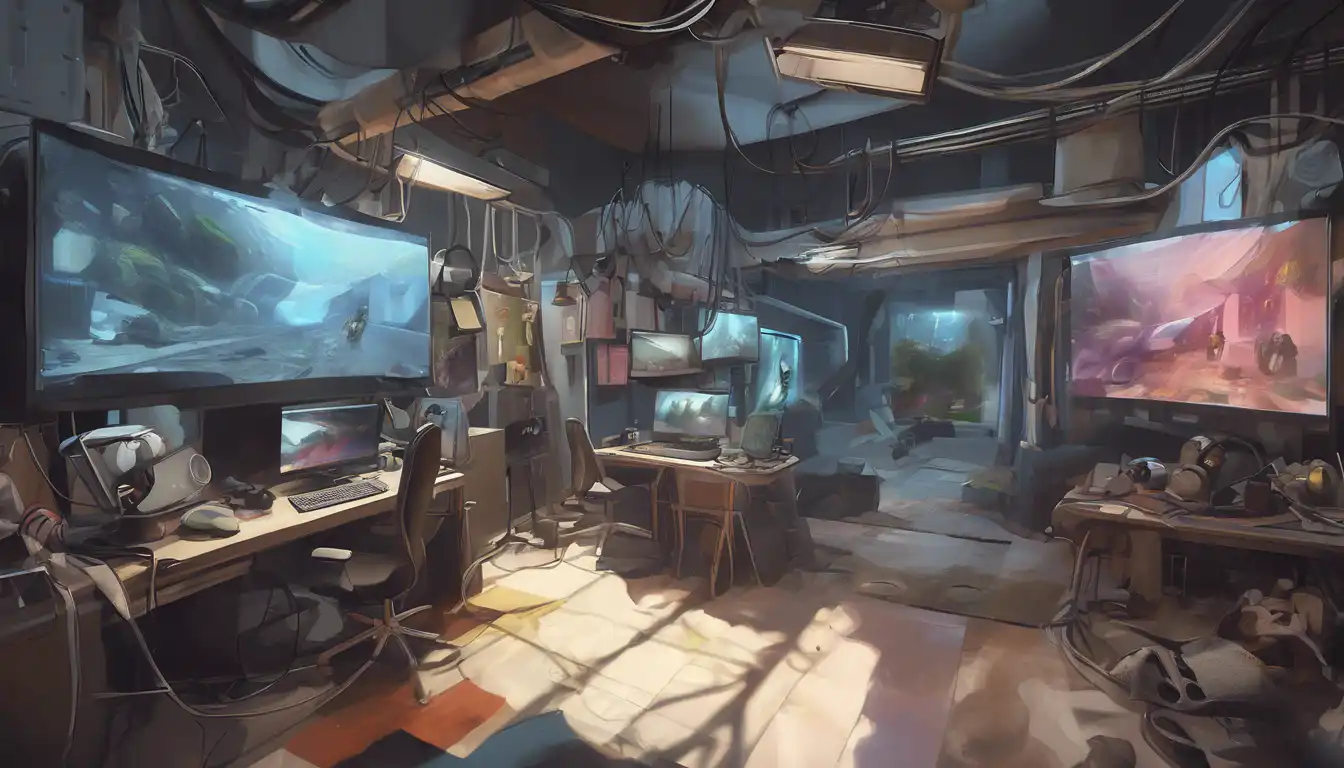Introduction to Virtual Reality Development
Virtual Reality (VR) development is an exciting field that combines creativity with technology to create immersive experiences. Whether you're interested in game design, educational tools, or virtual tours, getting started with VR development can seem daunting at first. However, with the right tools and guidance, anyone can begin their journey into this innovative domain.
Understanding the Basics of VR
Before diving into development, it's essential to understand what VR is and how it works. VR creates a simulated environment that users can interact with in a seemingly real or physical way. This is achieved through the use of VR headsets, motion tracking, and 3D audio.
Choosing the Right Tools and Software
There are several tools and software options available for VR development, each with its own set of features and learning curves. Some of the most popular include:
- Unity: A versatile game engine that supports VR development with plugins like Oculus Integration.
- Unreal Engine: Known for its high-quality graphics, it's another excellent choice for VR projects.
- Blender: A free and open-source 3D modeling tool that's perfect for creating assets for your VR experiences.
Learning the Fundamentals of 3D Modeling
3D modeling is a critical skill in VR development. It involves creating three-dimensional objects and environments that users can interact with. Starting with simple projects can help you gradually build your skills and confidence.
Developing Your First VR Project
Once you're familiar with the tools and basics of 3D modeling, you can start working on your first VR project. Begin with something simple, like a virtual room or a basic interactive object, to apply what you've learned.
Testing and Iteration
Testing is a crucial part of VR development. It allows you to identify issues and improve the user experience. Gather feedback from testers and make necessary adjustments to enhance your project.
Exploring Advanced Topics
As you become more comfortable with VR development, you can explore advanced topics such as multiplayer VR experiences, haptic feedback, and AI integration to take your projects to the next level.
Resources for Further Learning
There are numerous resources available for those looking to deepen their knowledge of VR development. Online courses, forums, and communities can provide valuable insights and support as you continue to grow in this field.
Embarking on VR development is a journey filled with learning and creativity. By starting with the basics and gradually tackling more complex projects, you can unlock the full potential of virtual reality technology.
